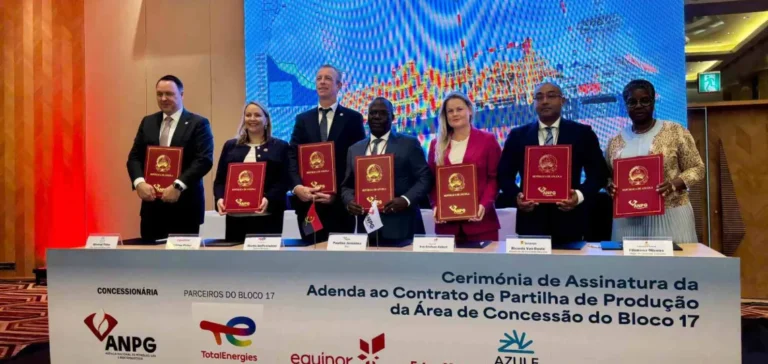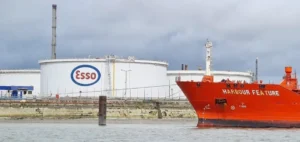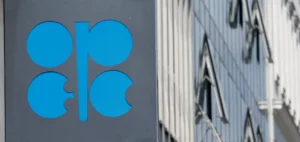ExxonMobil, in partnership with TotalEnergies (operator), Equinor, Azule Energy, and Sonangol, has signed an extension of the production sharing contract (PSC) for Block 17 located offshore Angola. This block represents one of Angola’s most strategic petroleum assets, hosting major developments including Dalia and CLOV. Active for more than two decades, Block 17 remains essential for maintaining Angola’s national oil production. The recently signed agreement aims to sustainably exploit the existing infrastructure, thereby contributing to the stability of the country’s oil output.
Economic and strategic impact
The contract extension ensures operational continuity, aiming to maintain Angola’s oil production above one million barrels per day. This initiative also seeks to enhance the attractiveness of investments in mature fields. Despite their age, these fields remain competitive due to resource optimisation and the application of advanced technologies. Block 17 continues to be a cornerstone in national energy strategies, reinforcing Angola’s key role in the African oil sector.
African institutional support
The African Energy Chamber (AEC), representing the interests of Africa’s energy sector, has expressed its support for the contract extension. NJ Ayuk, Executive Chairman of the AEC, considers this agreement essential for maximising the value of existing assets and promoting reinvestment in mature oil fields. The AEC particularly highlights ExxonMobil and its partners’ ability to optimise existing assets while committing to new exploratory ventures.
ExxonMobil’s dual-track strategy
Under the leadership of Katrina Fisher, Managing Director of ExxonMobil Angola, the company pursues a balanced approach combining the management of mature assets and exploration of new opportunities. Beyond Block 17, ExxonMobil is advancing exploratory activities in the Namibe Basin, particularly within Blocks 30, 44, and 45. This combined strategy strengthens ExxonMobil’s position within Angola’s energy landscape, allowing the company to diversify activities and maintain steady production despite global market fluctuations.
The collaboration between ExxonMobil and TotalEnergies under this extension was highlighted as an example of effective and structuring partnership for the African energy industry.






















